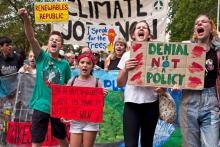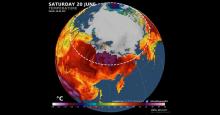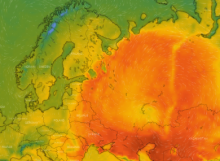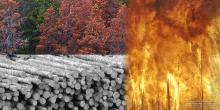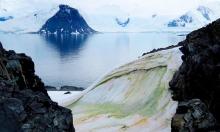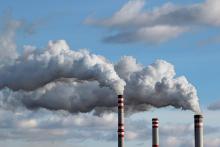A recent landmark study of massive ice loss in Antarctica and Greenland fulfills the “worst case” prognosis, as outlined by the Intergovernmental Panel on Climate Change (IPCC). It’s a nightmare come true, as the impact of global warming on the planet’s most significant/biggest masses of ice multiplied six-fold in only 30 years. It wasn’t supposed to happen so unexpectedly, so suddenly.
Death and decay are winning in Canada's vast managed forest lands. And this victory is unleashing a rising flood of climate pollution. Put simply, our forests are dying and being cut down faster than they can grow back.
In 2018, the flood of CO2 pouring out of them reached record levels, at nearly a quarter billion tonnes of CO2 in a single year. That's more than Canada's once biggest climate pollution source — the oil and gas sector — emitted that year.

